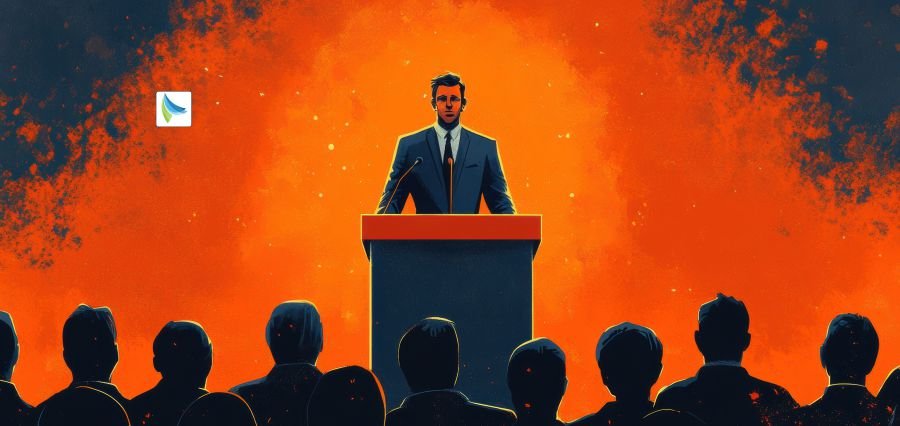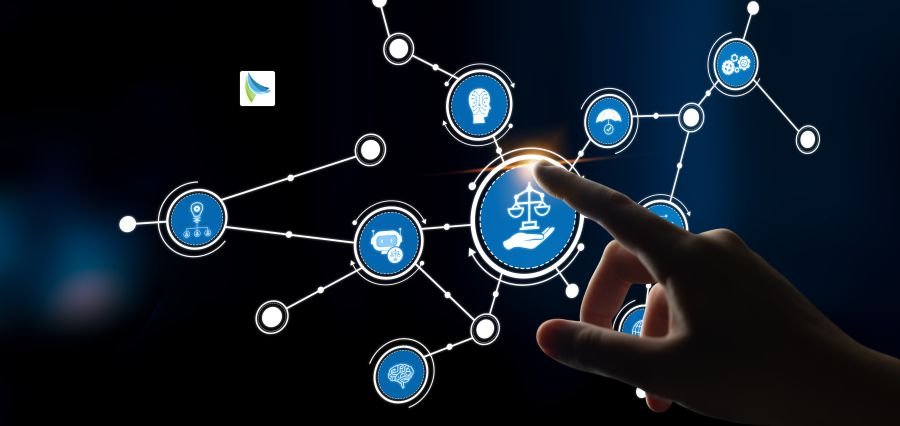In today’s rapid business world, it is not necessarily technical or strategic competence but rather the level of character and honesty a leader carries. No matter how hard leadership development courses have attempted to focus on performance measures, emotional intelligence, and communication frameworks for so long, there is now a shift towards something more substantial—authentic personal change.
This inward quest process is proving to be not just a soft skill acquisition but an ROI measure-able driver for organisations that are serious about effective executive development.
Redefining Leadership Through Personal Transformation
Personal transformation is not a skin-deep shift or a temporary attitude shift. It is a deep, internal shift that redefines leaders’ perceptions of themselves, how they relate to others, and how they align their actions with a deeper sense of purpose. Typically, it is the result of self-examination, coaching, crisis, or deliberate self-enhancement.
When managers undergo personal change, they become more self-aware, empathetic, and value-driven. Such attributes increase trust among team members, morale, and a culture of integrity—treasures to sustainable business success.
Beyond Skill-Building: Why Transformation Matters
Old-fashioned executive growth is a matter of knowledge and skill development. While crucial, they are no longer sufficient in and of themselves. Today’s leaders need to be able to navigate uncertainty, lead with empathy, and make ethically and fiscally sound decisions. These cannot be taught through PowerPoint lessons—rather, they come from a leader’s own path of transformation.
Executives who take this journey are poised to manage conflict, stimulate innovation, and lead resiliently. Their leadership is contagious, with ripple effects throughout the organization.
The ROI of Intangible Growth Tangible
It may seem within reach to quantify the ROI of personal growth. But companies that invest in full-life executive development programs are reaping tangible dividends, such as:
Greater Employee Engagement: Reborn leaders spark psychological safety, encouraging employees to be heard, to work together, and to take ownership.
Reduced Turnover Rates: Human leadership creates loyal teams. Employees are less likely to leave a location where leadership is relatable, empathetic, and inspiring.
Improved Decision-Making: Purposeful, values-certain leaders make decisions more quickly and effectively.
Greater Innovation Potential: A refreshed mindset calls forth curiosity, free-flowing discussion, and informed risk-taking—cornerstones of innovation.
Increased Revenue and Effectiveness: Stronger leadership translates into better project delivery, better cross-functional coordination, and overall more productivity.
Such outcomes underscore that personal change is not an affective phenomenon; it’s an investment with measurable payback.
Executive Coaching: A Driving Force for Change
One useful vehicle to aid leaders’ personal transformation is executive coaching. Unlike mentorship or traditional training, executive coaching is a highly personalized process focused on uncovering and restructuring confining assumptions, challenging blind spots, and helping executives reconnect with their deepest selves.
Coaches act like mirrors that allow leaders to view how past incidents, fears, and unconscious assumptions drive their behavior today. By viewing this, leaders become more grounded, emotionally intelligent, and intentional.
Large businesses like Google, IBM, and Microsoft have experienced the value of coaching as part of executive development, where they credit higher leadership performance and business results to the personal insights their leaders achieve.
Case in Point: Transformation in Action
Consider the example of a high-level executive in a global technology corporation who, with incredible technical knowledge, lacked team dynamics and internal conflict. Through a year-long coaching process, not only did he excel in handling his emotions but understood his authentic leadership style through empathy and clarity. The result? A 35% boost in team engagement metrics and a successful rollout of a multi-million-dollar initiative stuck on the shelf for years due to internal misalignment.
Examples like these show how individual change is not just personal—it’s highly professional.
Building a Culture of Growth from the Top Down
Leaders set organizational culture. When leaders engage fully in personal transformation, it sends a strong message to the rest of the organization: self-awareness, authenticity, and development matter. This modeling effect gets other people in the organization to invest money in their own development, creating a more robust, adaptive, and values-driven company culture.
Furthermore, organizations working towards such change come to achieve improvements in interdepartmental collaboration, customer satisfaction, and reputation.
The Human Aspect of ROI
Spreadsheets and KPIs are crucial, but they only tell half the story about what makes an organization thrive. The human aspect—empathy, courage, purpose, integrity—is where individual transformation does its most powerful work. It builds leaders who not only achieve results but also inspire, uplift, and connect.
In a time of automation and increased speed of change, the human factor is becoming the discriminator. And it begins with leaders who have transformed themselves from within.
Final Thoughts
The ROI of authentic individual change is real, measurable, and more urgent than ever in the new world of executive development. It’s not about creating better leaders—it’s about creating more human ones. Leaders who dare to go inside don’t simply change themselves; they transform their organizations, their companies, and eventually, the future of work.
By embracing and investing in individual change at the executive level, organizations set the stage for a leadership culture that’s not only high-performing but profoundly human. And that, in today’s world, is perhaps the best return on investment of all.












